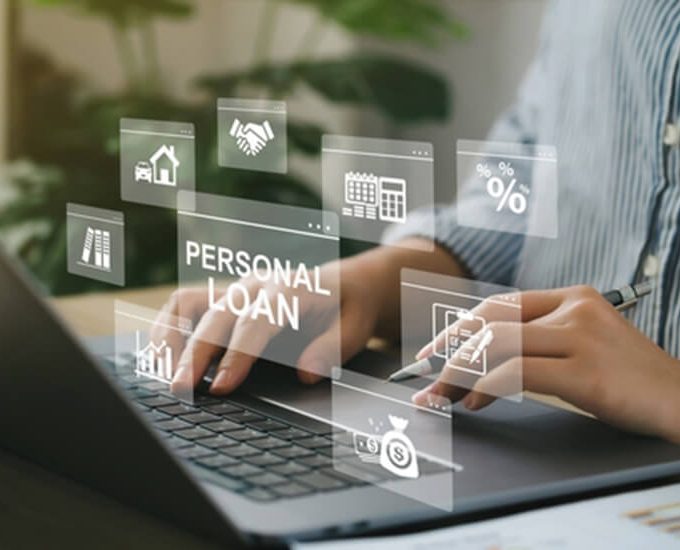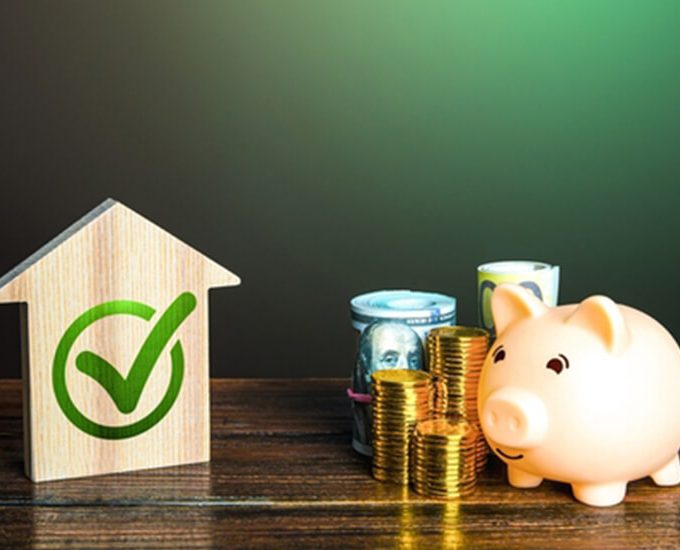Debt can be overwhelming and challenging to manage, especially when you have multiple creditors and high-interest rates to contend with. In such situations, debt consolidation can be a valuable strategy to simplify your finances and potentially save money. Personal loans are often considered an effective tool for debt consolidation, as they allow you to consolidate multiple debts into a single loan with a fixed interest rate and regular payments. In this blog post, we will explore the concept of using personal loans for debt consolidation, discussing the advantages, considerations, and potential drawbacks associated with this approach.
The Benefits of Debt Consolidation with Personal Loans:
1. Simplified Finances: Managing multiple debts can be complex and confusing. By consolidating your debts with a personal loan, you can streamline your finances by combining multiple payments into a single monthly installment. This simplification can make it easier to track your progress and stay on top of your payments.
2. Lower Interest Rates: Personal loans often offer lower interest rates compared to credit cards and other high-interest debt. By consolidating your debts, you may be able to secure a personal loan with a more favorable interest rate, potentially saving you money on interest charges over time.
3. Fixed Repayment Schedule: Personal loans come with a fixed repayment schedule, typically ranging from 1 to 7 years. This fixed term allows you to create a clear debt payoff plan and set a specific end date for becoming debt-free. It also eliminates the temptation of minimum payments, helping you stay focused on paying off your debt in a timely manner.
4. Debt-Free Sooner: Consolidating your debts with a personal loan can accelerate your path to debt freedom. By combining your debts into a single loan, you can make more substantial payments and allocate more funds towards principal repayment, potentially reducing the time it takes to become debt-free.
Considerations for Using Personal Loans for Debt Consolidation:
1. Eligibility and Creditworthiness: To qualify for a personal loan, you need to meet the lender’s eligibility criteria, which typically include a stable income, good credit history, and a reasonable debt-to-income ratio. It’s important to assess your creditworthiness and determine if you meet the lender’s requirements before applying.
2. Total Debt Amount: While personal loans can be effective for consolidating debt, it’s essential to consider the total amount of debt you wish to consolidate. Some lenders may have maximum loan limits, and exceeding those limits may require exploring alternative options or considering multiple loans.
3. Loan Terms and Costs: Before opting for a personal loan, carefully review the loan terms, interest rates, and associated fees. Understand the total cost of the loan, including any origination fees or prepayment penalties. Compare offers from multiple lenders to ensure you secure the most favorable terms.
4. Financial Discipline: Debt consolidation is a powerful strategy, but it requires discipline and commitment to stay on track. Consolidating your debts with a personal loan is not a magic solution. It’s crucial to address the underlying spending habits and financial behaviors that led to the debt accumulation in the first place.

Potential Drawbacks:
1. Risk of Accumulating More Debt: Consolidating your debts with a personal loan can free up available credit on your credit cards. This can create a risk of falling into the trap of accumulating new debt if you continue to use your credit cards irresponsibly. It’s important to exercise discipline and avoid incurring new debt while repaying your consolidated loan.
2. Potential Long-Term Costs: While personal loans often offer lower interest rates, extending the repayment term may result in paying more interest over time. It’s important to consider the long-term costs and evaluate whether the potential savings in interest outweigh the extended repayment period.
Using personal loans for debt consolidation can be a beneficial strategy for simplifying your finances, reducing interest rates, and accelerating your path to debt freedom. However, it’s crucial to carefully assess your financial situation, eligibility, and the terms of the loan before making a decision. Personal loans should be accompanied by responsible financial behaviors and a commitment to addressing the root causes of debt accumulation. By approaching debt consolidation with careful consideration and discipline, you can leverage personal loans to regain control of your financial situation and work towards a debt-free future.

















